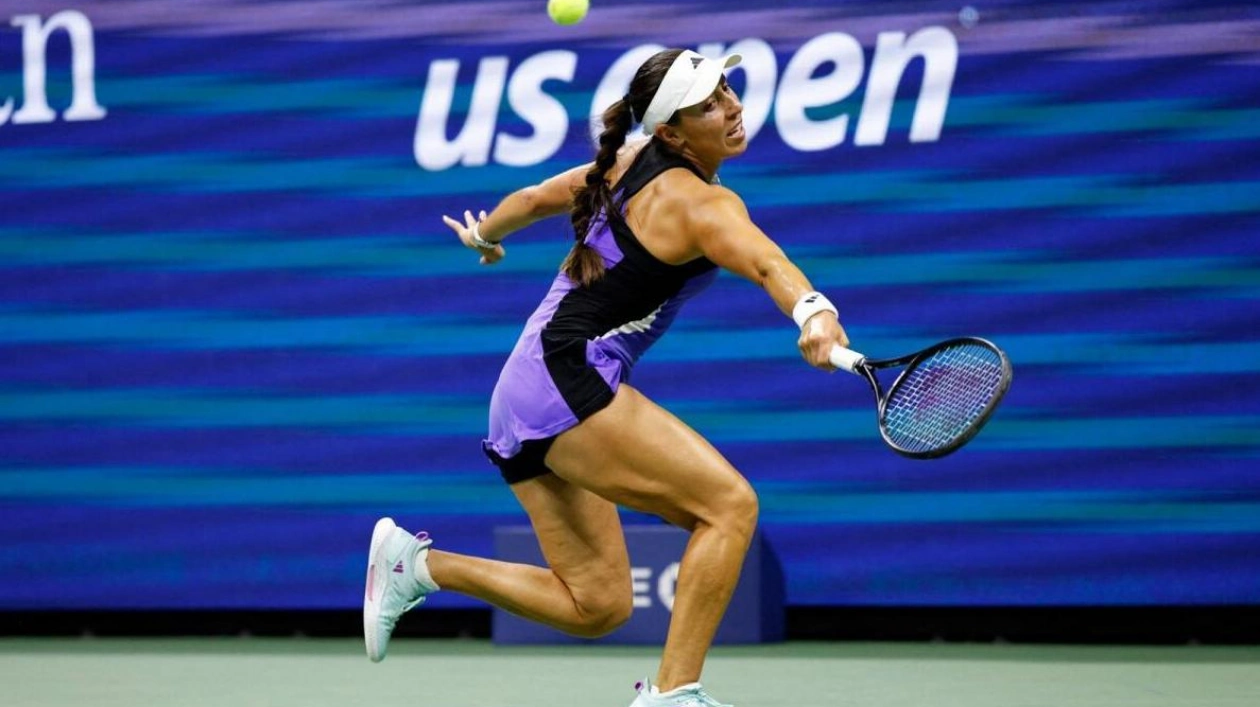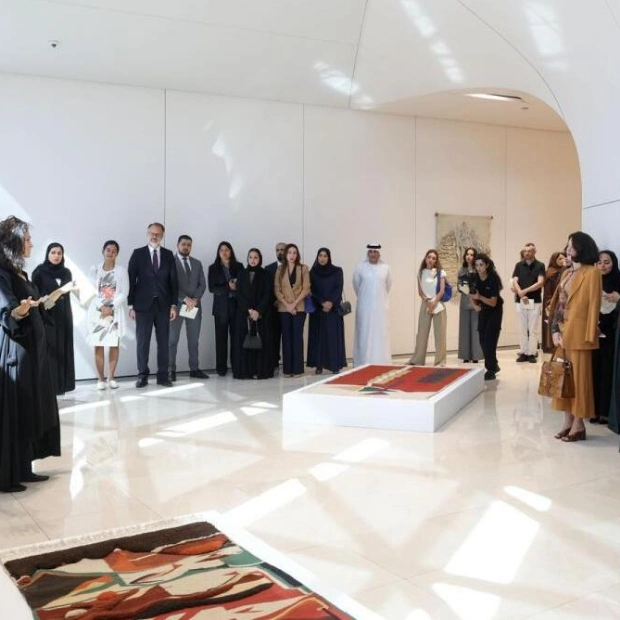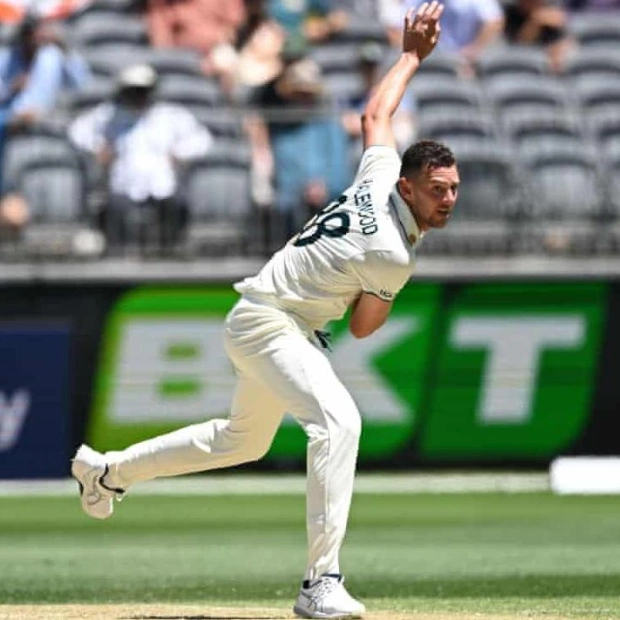Jessica Pegula attributed her triumph over world number one Iga Swiatek at the US Open on Wednesday, which propelled her into her first-ever Grand Slam semifinal, to an injury that she described as "sucks." Ranked sixth, Pegula emerged victorious over the reigning champion and four-time French Open winner with a score of 6-2, 6-4. This win marked the end of Pegula's streak of six consecutive losses in Grand Slam quarterfinals and extended her winning streak to 14 out of 15 matches on US hard courts this summer.
However, Pegula believes that the cornerstone of her surge into the New York semifinals was laid by the effects of a rib injury, which forced her to miss the European clay court season, including the French Open. Earlier in the season, she had already been dealing with illness following a disappointing early exit from the Australian Open, where she felt "burnt out" and had a weakened immune system.
"By the time I got injured, I think I was ready to go. I think once I kind of reset and kind of got back to normal, getting injured then kind of just made me more hungry," Pegula explained. "I was like, okay, this sucks, like, I want to be playing, like I'm ready. To be kind of set back like that I think helped me come back."
Pegula's return to action was marked by her victory in the grass-court title in Berlin. "In Berlin I was super fresh and wanting to win these matches, and kind of fired up," she said. Despite suffering second-round losses at Wimbledon and the Paris Olympics, Pegula has been nearly unstoppable since winning the Toronto title and finishing as runner-up in Cincinnati.
"Finally I can say I'm a semi-finalist. I lost so many of these damn things," Pegula remarked after her fourth career win against Swiatek. Pegula quickly secured a double break in the first set as Swiatek struggled with errors. By the end of the set, Swiatek had managed only three winners and committed 19 unforced errors, causing her game to unravel under the lights of Arthur Ashe Stadium.
This marked a dramatic decline for the top seed, who hadn't faced a single break point in her previous three matches. Pegula seized the opportunity to take a 2-1 lead in the second set before Swiatek managed to break back. However, the Polish star couldn't capitalize and was broken again when a forehand error gave Pegula a 4-3 advantage. The American sealed the victory on her third match point when Swiatek's shot went wide, resulting in her 41st and final unforced error of the night.
As Pegula prepares for a Thursday semifinal against Karolina Muchova, Swiatek is left to reflect on a rollercoaster season at the Grand Slams. While she achieved the high of a fourth French Open title, this was sandwiched by third-round exits at the Australian Open and Wimbledon. At the Paris Olympics, played on her preferred Roland Garros courts, she had to settle for the bronze medal.
"I'm always trying to have lower expectations. I feel like when I have high expectations, I never perform well," Swiatek said. "But it's hard to have low expectations when everybody is expecting something from you."
Meanwhile, Emma Navarro will face Belarusian world number two Aryna Sabalenka in the other semifinal. Two-time Australian Open champion Sabalenka aims to reach her second consecutive US Open final when she takes on 13th seed Navarro, who ousted defending champion Coco Gauff in the fourth round. Navarro, 23, has enjoyed her deepest run at a Grand Slam, having lost in the first round in each of her previous two U.S. Open appearances.
There have been two previous encounters between the pair, with Navarro winning in three sets at Indian Wells in March and Sabalenka defeating the American in straight sets at the French Open in June. "Last two matches we played was really tough, tough matches physically and mentally. Even though I won the last one in two sets, it wasn't that easy match, and it was very intense match," Sabalenka noted. "I'm really looking for another great battle against her."
Navarro acknowledged that she will need to be aggressive and counter Sabalenka's powerful serve and groundstrokes to "scrap out" some longer points.






